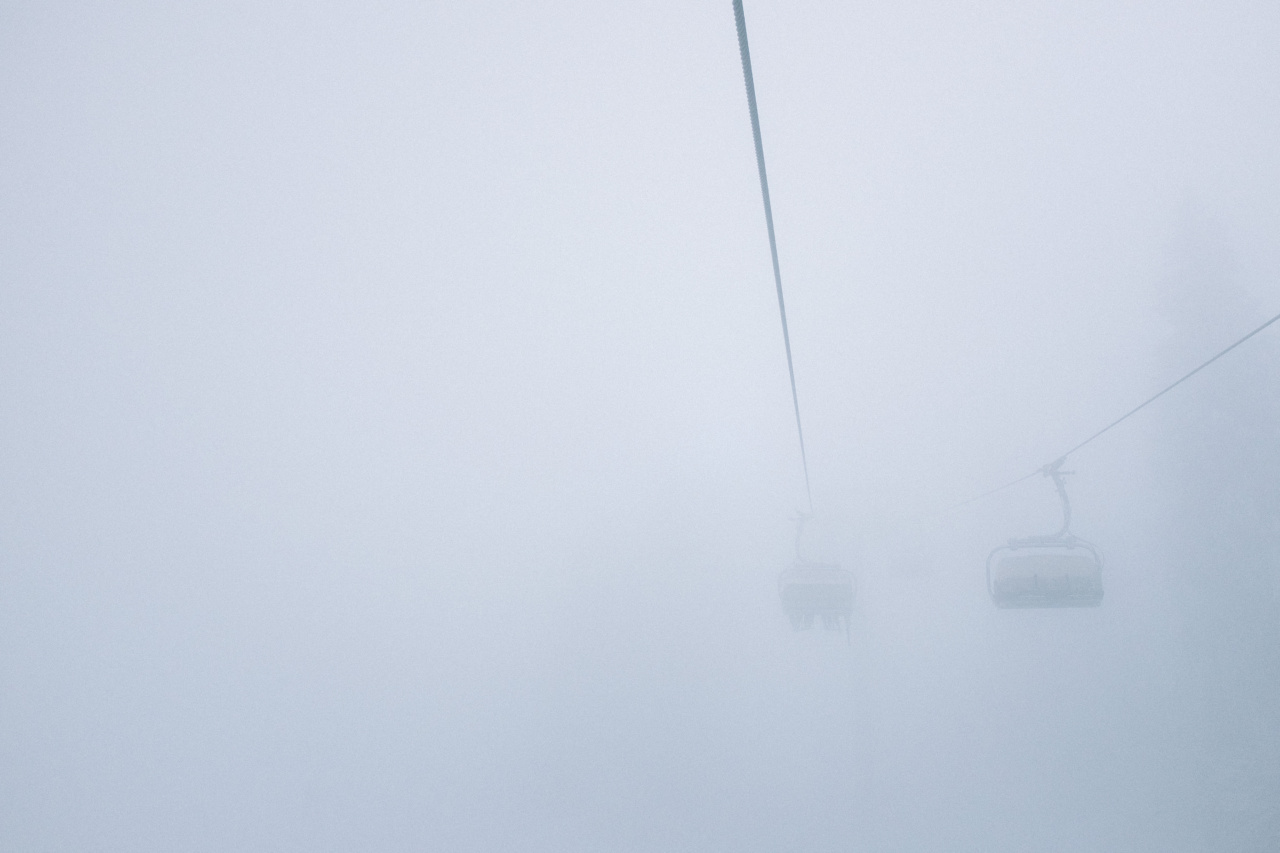When it comes to cold air, there are plenty of myths and misconceptions floating around. From the belief that going outside with wet hair will cause a cold to the notion that cold air can make you sick, it’s time to set the record straight.
Let’s dive into the truth about cold air and separate fact from fiction.
Myth: Cold Air Causes Colds
One of the most common misconceptions is that cold air can cause the common cold. However, the truth is that cold air alone cannot make you sick. Colds are caused by viruses, not by the temperature.
While cold weather may increase your chances of catching a cold due to people spending more time indoors and in close proximity to one another, the cold air itself is not to blame.
Fact: Cold Air Can Aggravate Respiratory Conditions
While cold air may not directly cause illnesses like the common cold, it can aggravate existing respiratory conditions such as asthma.
Cold and dry air can irritate the airways, leading to wheezing, coughing, and shortness of breath for individuals with asthma or other respiratory issues. It’s important for those with such conditions to take precautions in cold weather, such as wearing scarves or using inhalers as prescribed by their healthcare provider.
Myth: Going Outside with Wet Hair Causes Colds
We’ve all heard the warning to avoid going outside with wet hair, as it’s believed to invite a cold. However, this is simply a myth. The temperature of your hair has no impact on your susceptibility to catching a cold.
As mentioned earlier, viruses are the culprits behind colds, and not the state of your hair. So, feel free to step out with wet hair without any fear of catching a cold.
Fact: Cold Air Can Dry Out Your Skin
One of the effects of cold air that is often experienced is dry skin. When the air is cold, it holds less moisture, leading to drier conditions. This lack of moisture can cause the skin to become dry, itchy, and even cracked.
To combat this, it’s important to moisturize your skin regularly and use products that provide hydration. Additionally, using a humidifier in your home can help add moisture to the air, alleviating some of the drying effects of cold weather.
Myth: Cold Air Kills Germs
There is a common belief that cold air is capable of killing germs, which is not entirely accurate. While lower temperatures can slow down the growth of certain bacteria and viruses, it does not completely eradicate them.
Pathogens can still survive and remain infectious, even in cold air. Proper hygiene practices, such as handwashing and disinfecting surfaces, are crucial in preventing the spread of germs, regardless of the outside temperature.
Fact: Cold Air Can Affect Blood Circulation
Exposure to cold air can have an impact on blood circulation. When the temperature drops, blood vessels in the extremities may constrict in order to redirect blood flow to vital organs and keep the body warm.
This can lead to a decrease in blood circulation to the hands, feet, and other exposed areas, often resulting in cold hands and feet. Individuals with conditions like Raynaud’s disease may experience more severe symptoms, including pain and color changes in the affected areas.
Myth: Cold Air Can Freeze Your Lungs
Contrary to popular belief, cold air cannot freeze your lungs. The human body is well-equipped to regulate its internal temperature, even in cold weather conditions.
Breathing in cold air may cause discomfort or a burning sensation in the airways, but the air is warmed and humidified by the time it reaches the lungs. The body’s natural defense mechanisms ensure that the airways are protected from extreme cold temperatures.
Fact: Cold Air Can Impact Athletic Performance
Athletes often have to battle with cold weather conditions during their training and competitions. It’s a well-known fact that cold air can impact athletic performance.
The cold temperatures can affect muscle function and decrease flexibility, leading to reduced performance. Additionally, cold air can make it harder to breathe and cause discomfort, especially during intense physical activity.
Athletes need to take precautions such as wearing appropriate clothing, warming up properly, and staying hydrated to overcome the challenges posed by cold air.
Myth: Cold Air Makes You Age Faster
There is a belief that cold air can speed up the aging process, causing wrinkles and other signs of aging to appear more quickly.
However, the rate of aging is primarily determined by genetics and lifestyle factors, rather than the temperature of the air. While cold weather may temporarily constrict blood vessels and reduce blood flow to the skin, this effect is temporary and does not cause long-term damage or accelerate the aging process.
Fact: Cold Air Can Impact Mental Health
Studies have shown that cold weather and lack of sunlight can have an impact on mental health. Seasonal Affective Disorder (SAD) is a type of depression that is related to changes in seasons, particularly during the colder months.
Reduced exposure to sunlight and spending more time indoors can contribute to feelings of sadness, lethargy, and even depression. It’s important to be aware of these effects and take steps to improve mental well-being during the colder months, such as getting regular exercise, seeking natural light, and seeking support if needed.































